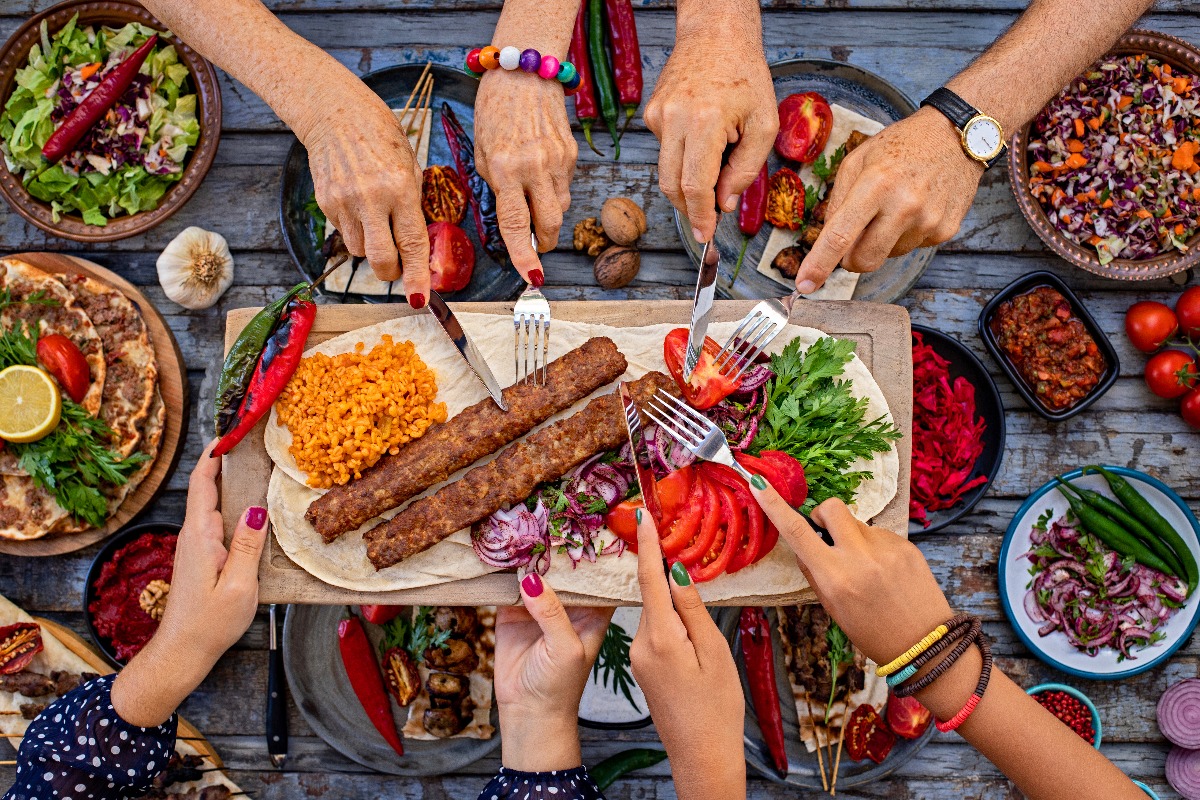This was the main reason why significant technological changes in the production of halal products took place in the countries of Central Asia. It was the first time that the countries of Central Asia managed to find an effective way to establish a common halal standard. For example, products recognised as "haram" in Kazakhstan may meet the definition of "halal" in Malaysia. Despite this, the Central Asian country has developed its own halal standard, which is uniformly accepted by all Muslim countries.
In Central Asia, in addition to Kazakhstan, Uzbekistan also exports halal food in significant quantities. The main destination of Uzbek halal exports is Malaysia. Outside the two countries Kyrgyzstan has a high potential to increase exports of ecologically clean and quality halal products to the countries of the Eurasian Economic Union, the EU and Arab countries.
Today, not only Muslim countries show interest in halal products. Nowadays, many non-Muslim countries (Brazil, India, Argentina, France, Great Britain, etc.) also import halal products from Central Asia.
The author is a researcher at the Eurasia Center of John von Neumann University

